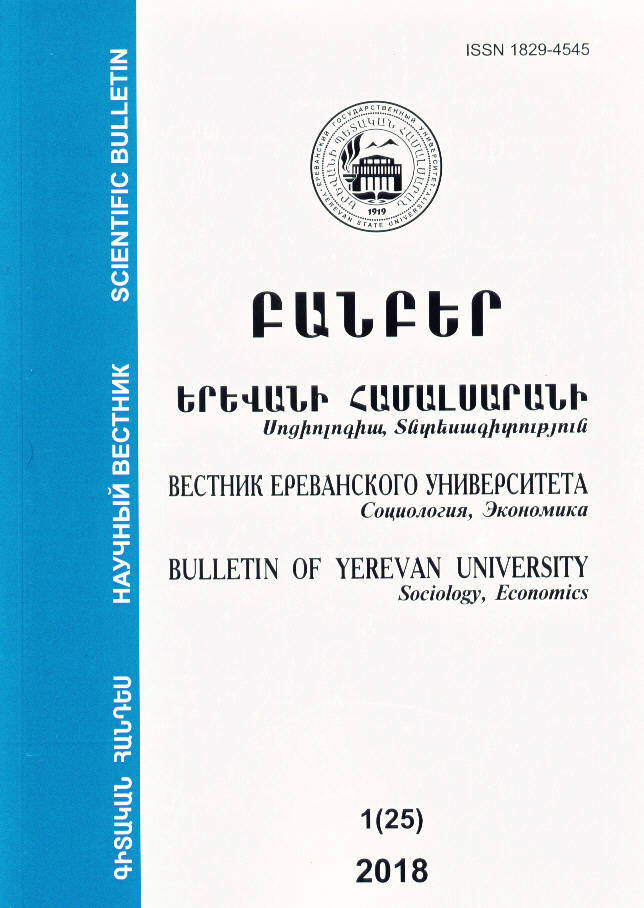Cultural Identity as an Instrument of Mutual Adaptation of Russians and Migrants of Different Ethnicity from the Countries of Central Asia
DOI:
https://doi.org/10.46991/BYSU:F/2018.9.1.023Keywords:
labor migrants, cultural identity, rejection, adaptationAbstract
Based on the sociological surveys of the residents of Yekaterinburg (Russia) and the migrant workers from Central Asian countries on the territory of Russia, the authors characterize the relationship between these two communities. The results show that the main reason for a negative attitude is primarily a cultural rejection and misunderstanding the cultural features of the other community. Shared social identity and the cultural identity in its core is analyzed within the framework of Samuel Huntington’s approach on the factors of identity formation. These studies demonstrate that the most important element in the relationship of Russians and migrants from the countries of Central Asia is culture or rather cultural differences. That is why the authors insist on a separate examination of the definition "cultural identity", the correction of which can result in a significant reduction of mutual hostility.
Downloads
Published
Issue
Section
License
Copyright (c) 2021 Bulletin of Yerevan University

This work is licensed under a Creative Commons Attribution-NonCommercial 4.0 International License.





